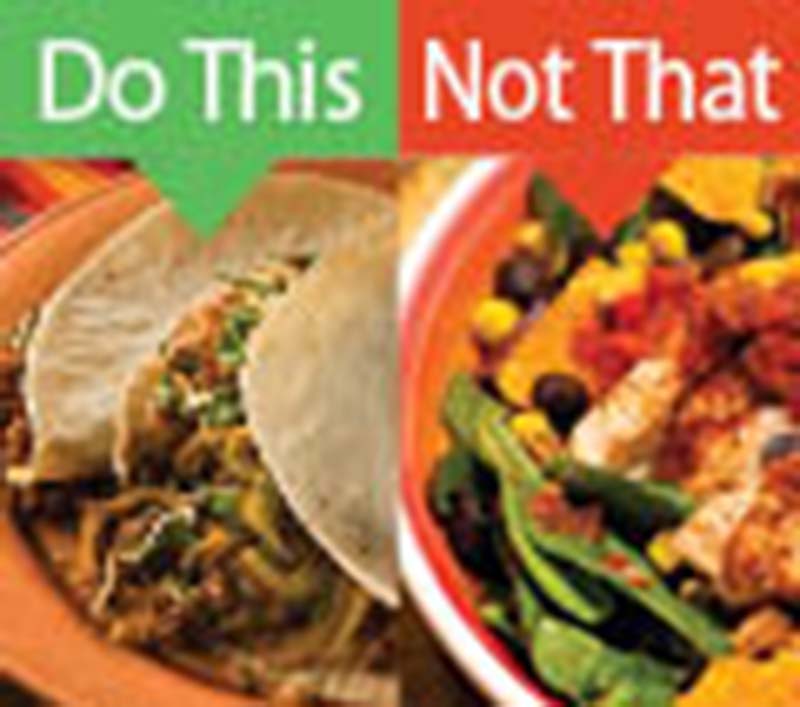by Grace Sly
The United States is known for greasy, processed food, both high in fats as it is in carbs. But the US is also a country of immigrants, meaning its people have the benefit of infusing different cultural heritages. Chikako Nishimura states on NeoVox.com, an international student magazine, that the problem with foreign foods in American restaurants is they have often been processed and thus have lost their original flavors. But some STA students still hold on to family traditions.
Sophomore Abby Ellias cooks traditional Indian food with her father, keeping in touch with the country he spent 14 years of his life.
“We eat mostly eastern Indian food, especially curries, dhal, biryani, and samosas,” Ellias said. “It’s easy to cook and delicious.”
Historically, it has been a custom for immigrants to leave behind their homeland ways in exchange for American life. The University of California Division of Agriculture and Natural Resources states that newcomers to the US wanted to blend in as soon and much as possible. Dietary assimilation was a mark of pride, therefore ethnic cuisine was not popular.
Another reason many foreign foods have not retained their original flavors is social acceptance and fear of straying from the norm.
“Societies universally reject foods that disgust them in some way,” wrote Richard Pillsbury in his book “No Foreign Foods: The American Diet in Place and Time”. “Disgust has little to do with the actual taste of the item.”
Pillsbury says that by eating certain foods we are reflecting a concern for acceptance by our peer groups. The dishes speaks to our communities, acknowledging our membership in the group by following their unspoken “rules”.
But over the past 20th century, this thinking has begun to change, with Americans hoping to branch out of the familiar and try the new. According to the University of California, “Ethnic cuisine, once shunned, enjoys increasing popularity and the new foods introduced via that route add greatly to the variety of food choices.”
Life in the USA, a website that helps immigrants adapt to US life, states that while foreign cuisine thrives in the United States and affect America’s tastes, the food themselves are affected by American eating customs/food industry.
“Pizza is a perfect example,” the website writes under “American Food Attitudes”. “It came from Italy to conquer America, but then metamorphosed into an American food, with variations no Italian would recognize today. Mexican and Chinese cuisines have seen the same phenomenon; American supermarkets even sell American sushi varieties.”
Ellias has experianced the faux Indian food served in the United States and is displeased by the result. Having been to India three times before and eating traditional food reguraly, she finds the faults in Americanized Indian unbearable.
“It tastes so bad and so obviously wrong,” she said. “The spices are so much more potent when you get the real thing. They actually taste different, better.”
But she says she understands why the food has to be altered.
“I feel it has to be Americanized to fit what Americans like because we’re not used to super spicy or savory dishes.”
In an interview with Newsweek Magazine, international policy analyst Chris Fair points out that America and other countries have a give-and-take of cultural foods. Globalization has allowed cheap American brands to be found worldwide.
“That’s our culinary hegemony, which is undeniable,” Fair said. “If you notice, there’s really no foreign food chain here in the U.S. We even go to great efforts to make our food seem foreign, like the Olive Garden to seem Italian or Outback Steakhouse, straight from Australia.”
Sophomore Ceci Ismert sees true foreign food as healthier than typical American cuisine.
“[Our school] had a Korean exchange student who brought some traditional dishes,” Ismert said. “They were healthier and more ‘real’. America finds ways to make our food cheaper and quicker, meaning it’s usually less healthy.”
Ellias agrees, saying Indian food is purely organic.
“All of the fruits and vegetables are all-natural.” she said.
With these health benefits, Ellias says, “I think Americans should branch out and try new things.”











Cari Jackson • Jan 21, 2016 at 12:42 pm
I agree. Ive had many diff things. It seems quicker is better which is bad. It seems to eat healthier you have to spend more money. I think Americans should try something healthier and new.
Elayne Moore • Jan 19, 2016 at 4:02 pm
I am in total agreement that Americanized foreign cuisine is less healthy and less tasty as the original. I feel that another possibility that the food is less tasty could be that the same spices used in the authentic meals is either not available or much more expensive in the States. The fact that Americans are intimidated by the stronger authentic flavors should not be a factor. We all have the ability to make choices, if you don’t like hamburger doesn’t mean its banned. You just eat something else (steak, meatloaf, nachos, etc.).